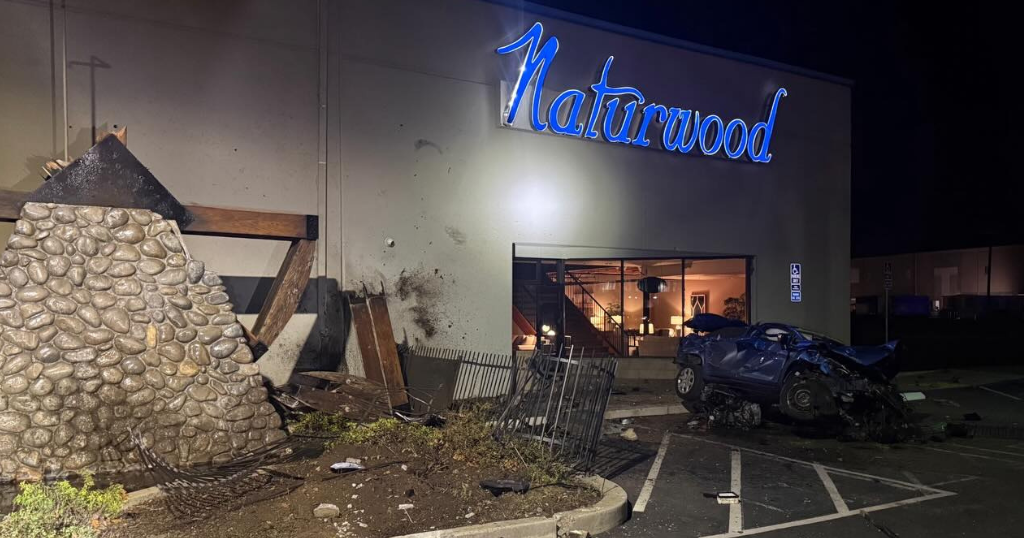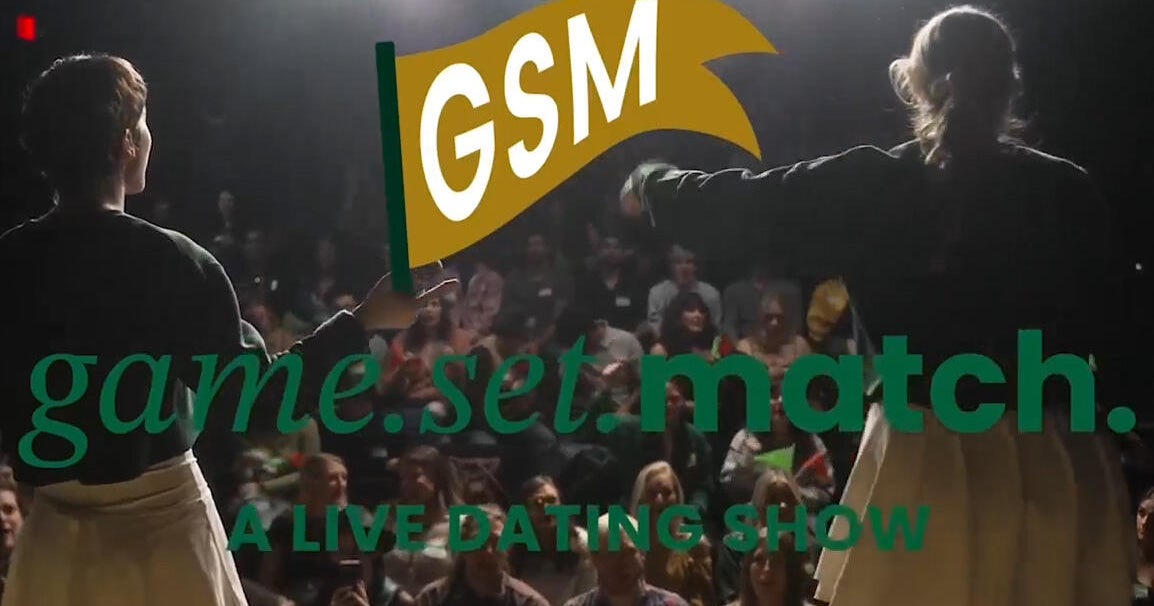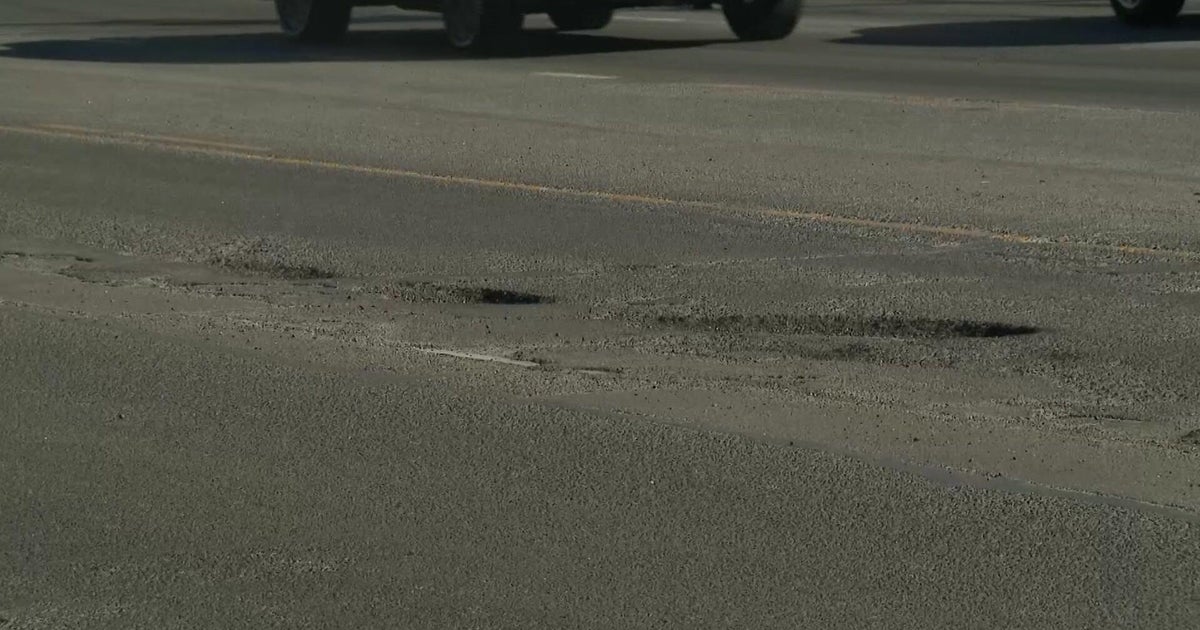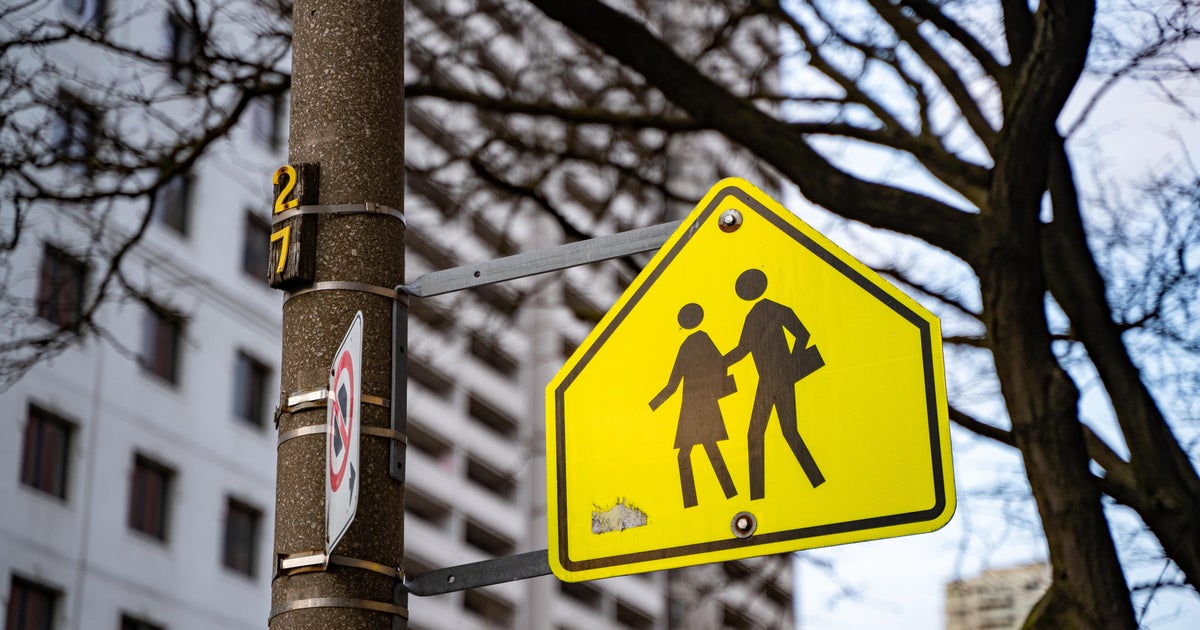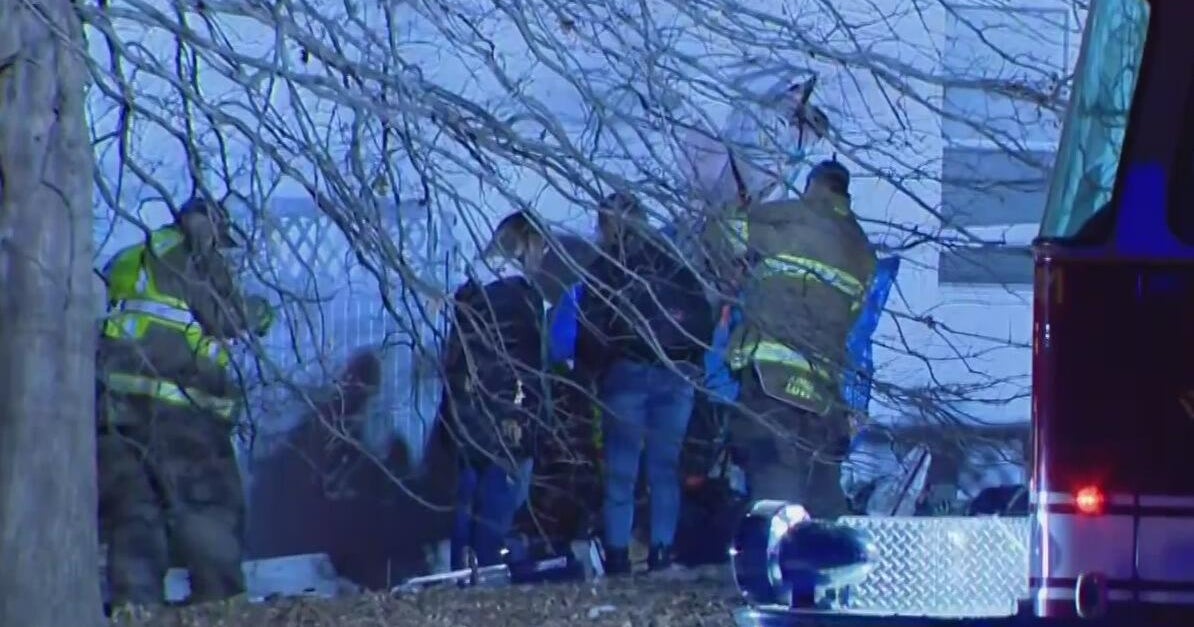Post-9/11 Generation Marks Distance From Historic Event
NEW YORK (CBS Local/AP) -- Xavier Montjoy sits on his bed in Columbus, Ohio, his side-swept blond bangs and dark-rimmed glasses framing squinted hazel eyes and furrowed brows. He's trying to recount how his parents recently explained that Sept. 11, 2001, had meaning beyond being the day he was born, but all he remembers at the moment is that they said something about planes crashing in three parts of the country.
In his life, he says, it's just not a big deal.
Like the millions of children born in the past decade, he's never known a world untouched by that day's terrorist attacks. He's played baseball and soccer and hates math like generations before him but is growing up in a new normal shaped by the events of that day and the people behind them. In this world, the military has deployed several of his relatives overseas, and security officers maintain tighter border security and enforce travel restrictions that leave fliers standing in security lines in socks or bare feet at the airport near his house on a tree-lined Columbus street.
As for Osama bin Laden, the boy says, who was he? Xavier remembers hearing about bin Laden's death the day after it happened, when he says classmates announced "Obama is dead!" and a teacher clarified it wasn't the president. If further explanation followed, it didn't resonate with Xavier.
"I didn't really know what he was talking about," he says. "And frankly, I didn't really care, 'cause I had no idea."
There are more important things to this laid-back kid, such as what's for dinner or which villains he can slay in his Wii games. He'd much rather tell visitors about the modified weapons he imagines and sketches than talk about what happened on his birthday.
Not all kids are so distanced from the events of Sept. 11, 2001. It's estimated some 3,000 children lost a parent in the 9/11 attacks. At a camp at Long Island University's C.W. Post Campus, some of those childrens' needs are met and questions answered.
Listen to WCBS 880's Mike Xirinachs report:
Podcast
For other children, 9/11 is a date on the calendar -- maybe even a birthday.
Of the 13,238 children born in the United States that Sept. 11, Greg and Nikki Montjoy's first child was among the earliest, clocking in at Mt. Carmel St. Ann's Hospital when the day was 67 minutes old. They were first-time parents, unsure of what to expect, but found it odd later that morning when no relatives visited and the staff started to seem evasive and limit the infant's time outside the nursery. Finally, a nurse urged his mother to wake her sleeping husband and turn on the television.
Nikki Montjoy cradled her infant as she watched images of the smoking twin towers. The events had prompted a lockdown at the hospital, blocking the Montjoys' visitors, she said. Once allowed in, the family crowded into her room, shut off the TV and turned their attention to Xavier.
"Everyone wanted to be with this baby because that's what we were all kind of clinging to, was that we had a good day," she said.
Her husband recalls a nurse visiting the room and asking whether they'd heard the big news.
"I said, 'Yeah. We had a baby,'" he said.
Nikki Montjoy said the attacks cast a shadow of mortality over her first weeks as a mom, and she kept Xavier extra-close, worrying about how long she'd be with him and what would happen if, say, someone stole a plane at the airport nearby.
Her biggest realization about how the world had changed came six months later on a trip to Chicago. She remembers airport security officials requiring her to taste the food in her diaper bag, including the breast milk, and to undress her baby so his clothes could be searched.
"It was just strange, like you were in a foreign country," she said.
Her son hasn't flown since then, but travel restrictions have caused hiccups in other family plans. At Niagara Falls this summer, they had to skip the Canadian side because they couldn't get the required passport cards in time for the trip. It seemed silly to Xavier's parents, who had visited as youngsters without needed extra documentation.
Days after the Niagara trip, and ahead of a scheduled interview with a reporter, Xavier's parents decided to have their first detailed talk with him about the terrorist attacks, something he had learned a bit about in school but hadn't asked about much. They sat down to talk with him after a family dinner, and he realized it was going to be a serious conversation when his grandfather, a Vietnam veteran, started to cry, Nikki Montjoy said.
Xavier's father, a 35-year-old unemployment insurance consultant, and mother, a 34-year-old student nurse, told him about al-Qaida, the Pentagon and New York but wanted to make clear that the day was not without moments of goodness. People on a fourth plane died sacrificing themselves to save others, they said.
They expected questions from their son, an inquisitive boy who takes advanced classes at school. He wanted to know what happened to the people at ground zero.
"That was the first thing he clued in on: Well if all these people were stuck and they all died, did you find them? Where did they go?" his mother said.
The site became a memorial, his parents told him, the last resting place for some. He'd seen photos of it before, perhaps without realizing, in a picture flipbook his mother bought him during a trip to the Big Apple years ago.
Xavier said the conversation with his parents altered his perception of his birth date, though he can't quite put it into words.
"It changes, like, how I feel about my birthday," he said. "I don't know how."
Images of the attacks generate flashbacks and even tears for many adults, but not for Xavier. He has no such painful memories to trigger. For him, the day just seems to be history compared with the major events of his young life — the start of school and the birth of his sister, Isabella, now 5.
Learning his birth date makes some adults raise their eyebrows, but he shrugs it off.
"I just say, 'I was born on that day. I had no idea this had happened,'" he said.
It's a tough subject for youngsters to comprehend, including those who share Xavier's birthday.
"Now that they're 10, they understand that they do have a little bit of a weighty birthday, if you will, and I think that they kind of understand that their birthday has two parts," one of celebration, one not, said Christine Naman of Monroeville, Pa., whose son was born on Sept. 11 and who put together a book about such children.
Her family makes sure to take time out from birthday festivities to remember the significance of what happened, she said.
In Ohio, Xavier's parents refuse to let it become a day of melancholy instead of merriment in their home, planning a birthday party each year.
"It's a good thing for everyone," his mother said. Usually there's a theme, such as the "Harry Potter" or "Transformers" films, though he hasn't settled on one for this year.
The exception was his first birthday, when relatives traveled from out of town to attend a family-focused party on the first anniversary of the attacks. Xavier's parents asked guests to place their palms in paint and leave handprints on a basement stairwell wall, hoping it would remind their boy that even when bad things happened, there would be plenty of folks who love him and would try to make it better.
At the bottom, his mother said she printed a quote: "The hands of today mold the child of tomorrow."
(TM and © Copyright 2011 CBS Radio Inc. and its relevant subsidiaries. CBS RADIO and EYE Logo TM and Copyright 2011 CBS Broadcasting Inc. Used under license. All Rights Reserved. This material may not be published, broadcast, rewritten, or redistributed. The Associated Press contributed to this report.)

